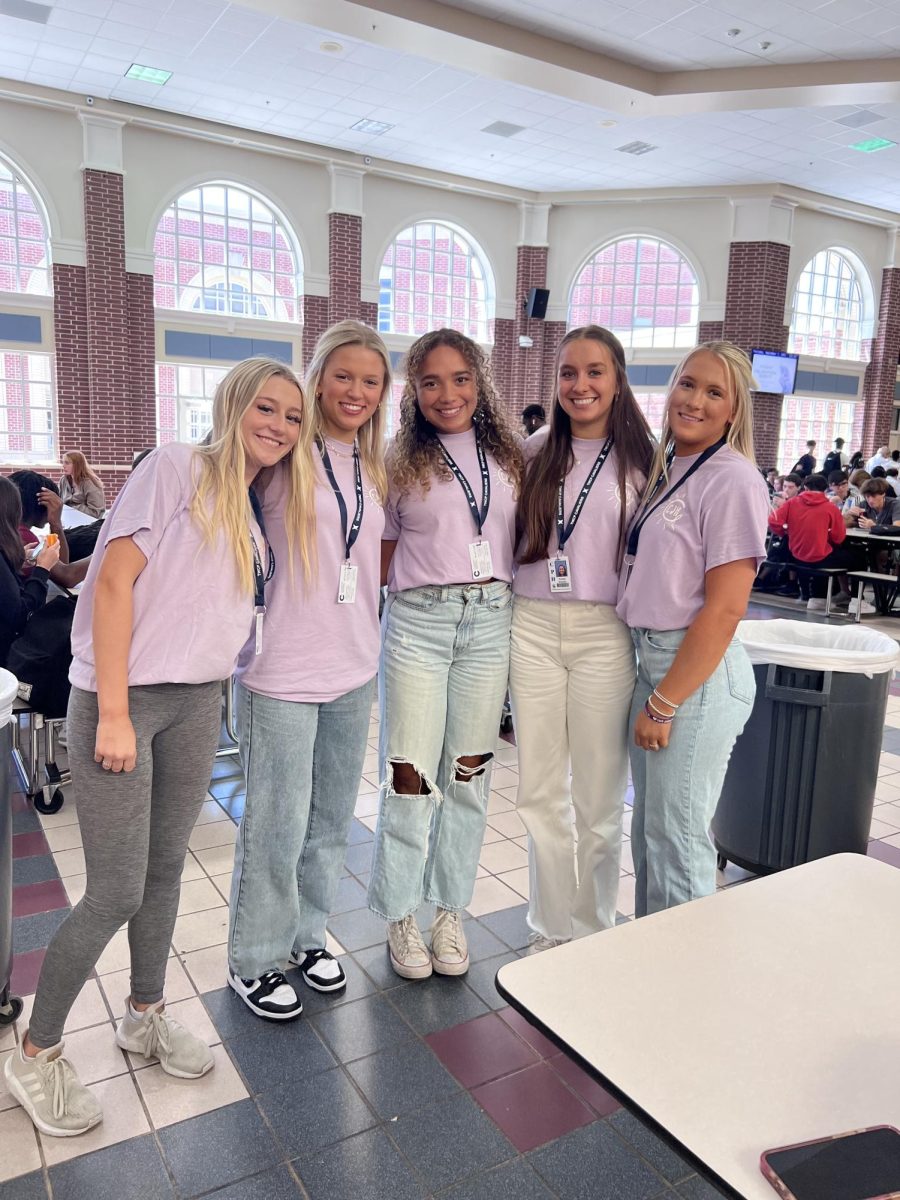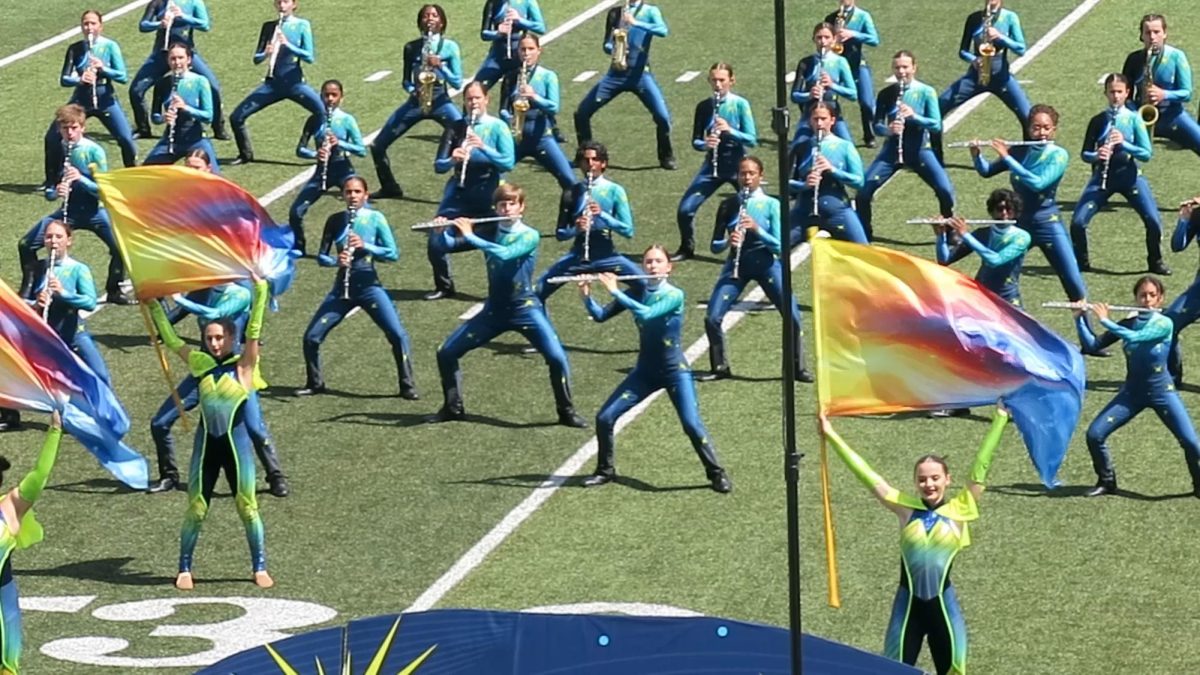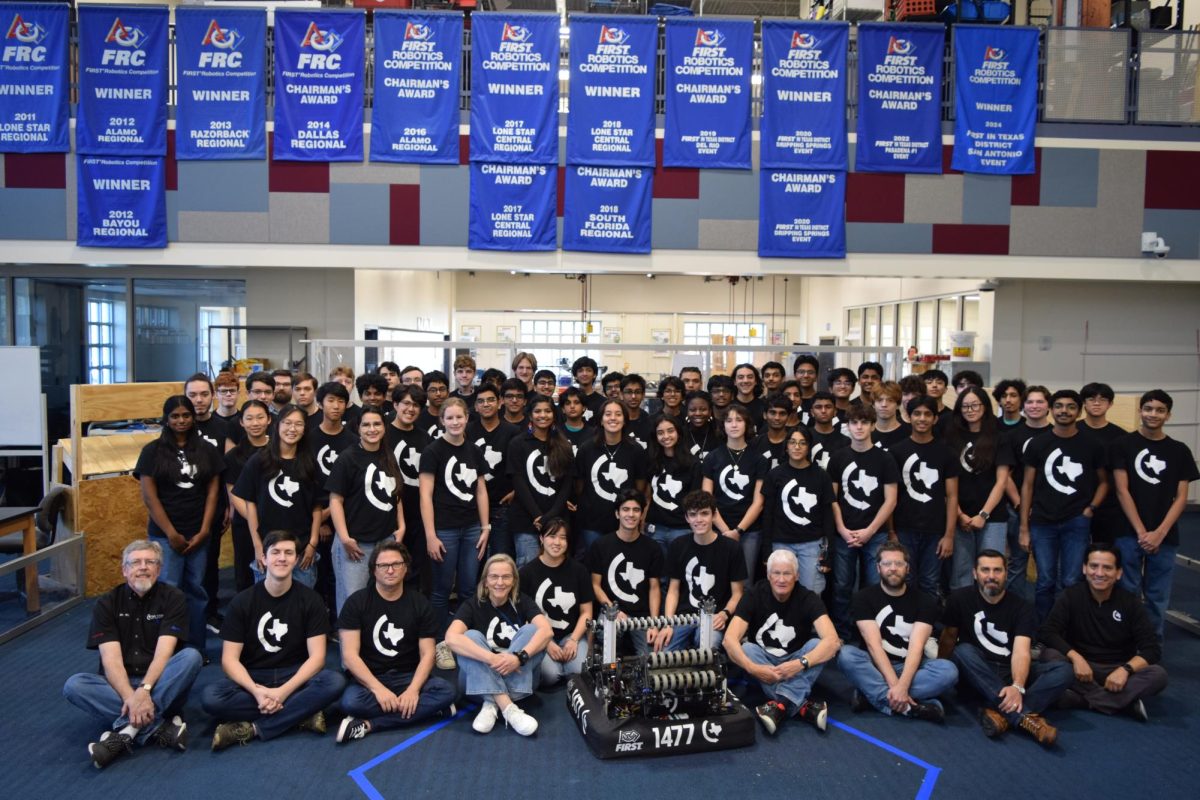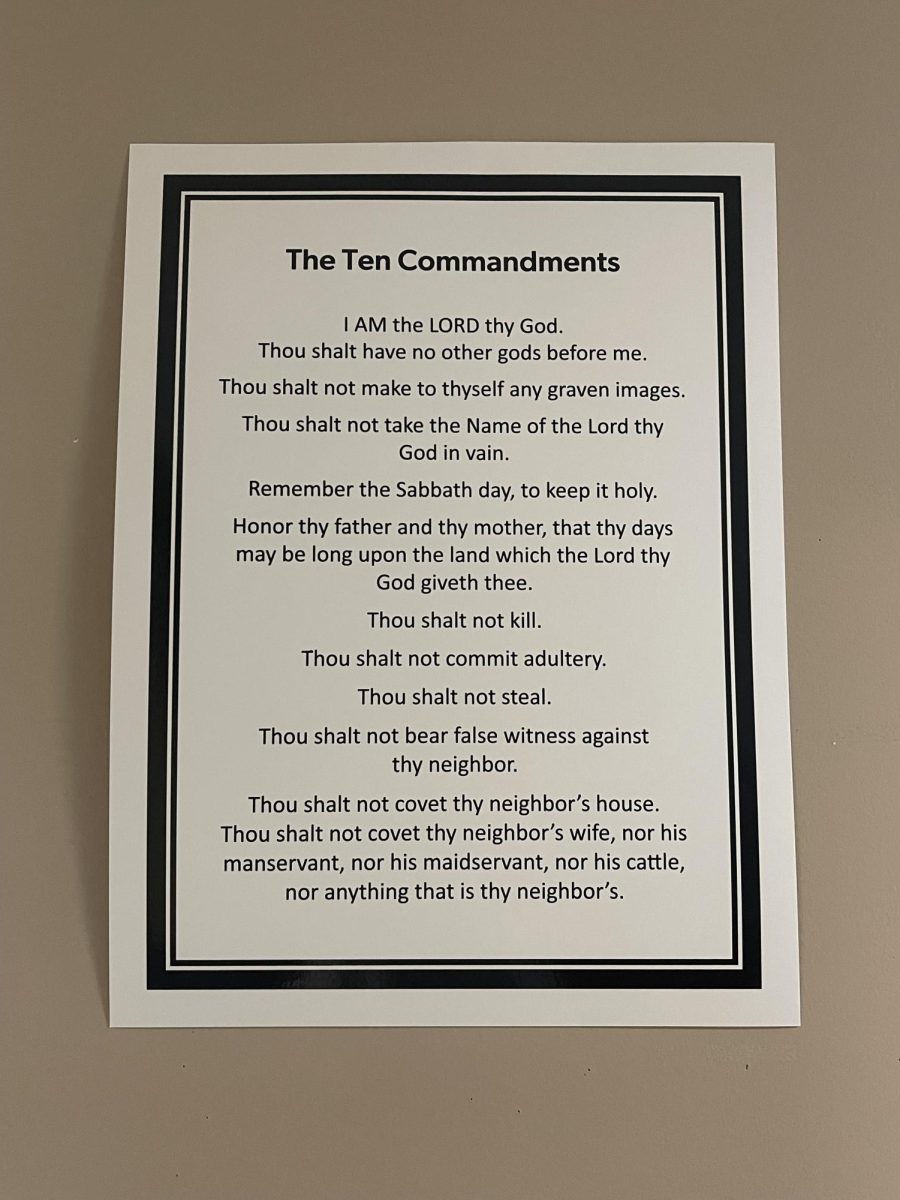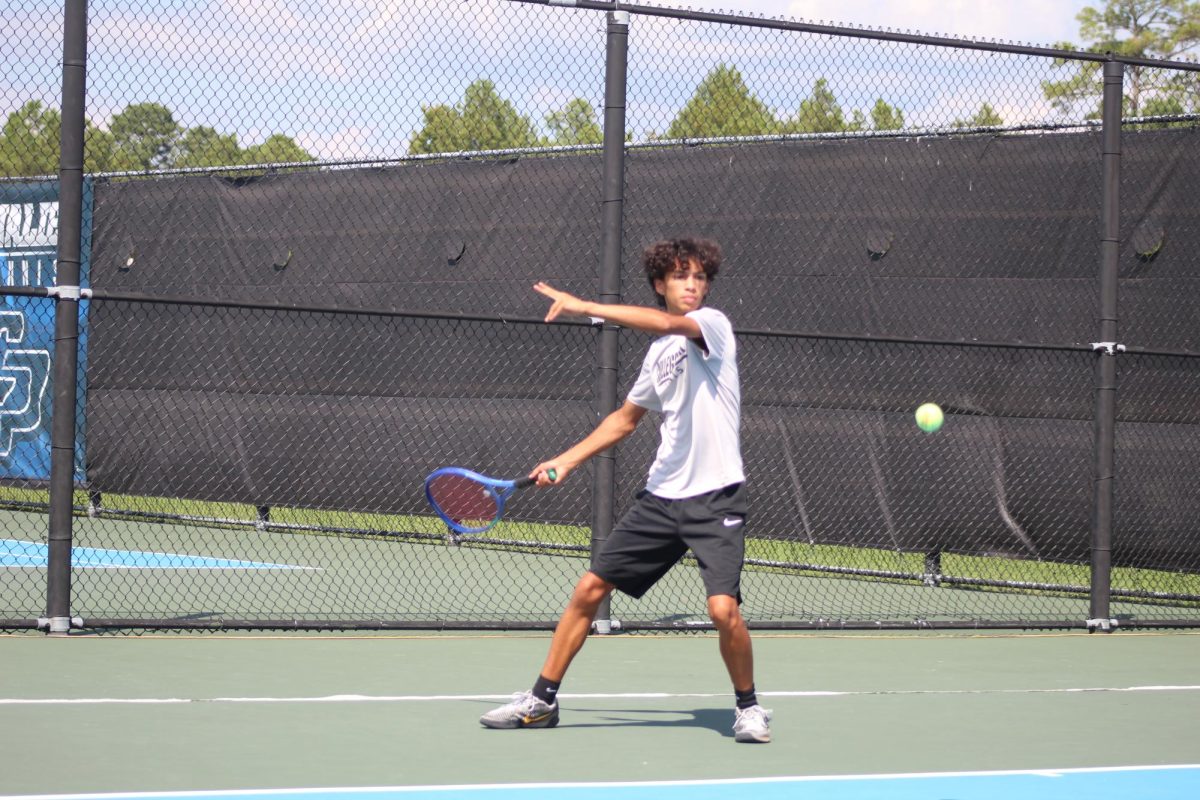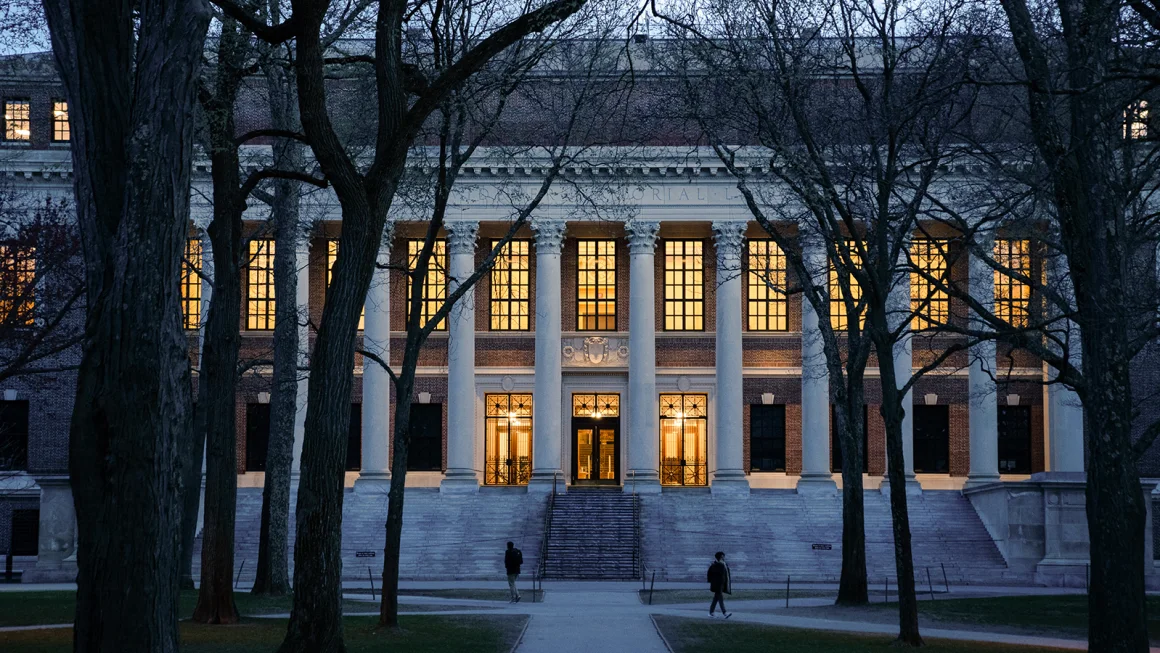A person’s condition with regard to their psychological and emotional well-being, better known as mental health, is a topic we can agree needs to be addressed. The way we choose to handle tough situations, whether in an orderly fashion or mistakenly, determines who or what the outcome affects.
According to the Harvard Gazette, 16.1 million Americans reported encountering major depression during the previous year. “Individual cognitive behavioral therapy is helpful for many people; antidepressant medications help many people,” Benjamin Shapero, an instructor in psychiatry at Harvard Medical School and a psychologist at Massachusetts General Hospital’s Depression Clinical and Research Program said. “But it’s also the case that many people don’t benefit from them as well. There’s a great need for alternative approaches.”
Meditation is a great alternative. It may seem corny or unuseful, though, it is quite the opposite. A practice in which an individual uses a technique – such as mindfulness, or focusing the mind on a particular object, thought, or activity – to train attention and awareness, and achieve a mentally clear, emotionally calm, and stable state.
An instructor in radiology at HMS and a neuroscientist at MGH’s Martinos Center for Biomedical Imaging, analyzed the alternative approach and studies have shown benefits against a collection of conditions both physical and mental.
Challenge yourself and attempt an eight-week mindfulness meditation program. You will find that it makes drastic changes “in the brain regions associated with memory, sense of self, empathy, and stress.”
September 10-16 is also national suicide prevention week, an annual campaign in the U.S. to inform the public about suicide prevention and how to recognize warning signs because saying something could possibly save a life.
Cavs Joined for Hope is an organization at our school to help raise awareness for teen suicide and provide a safe space to come to for support. They had their first meeting on Tuesday where they broke the silence about mental health and had in-depth conversations over what the club is about.
Realize that you do not have the same experiences as those near you. People usually only see what is right in front of them and may be naive towards anything that is not familiar to their world. We will never be able to physically be in someone else’s shoes, though we are able to understand and empathize with their situation because, like you and me, they are human.

